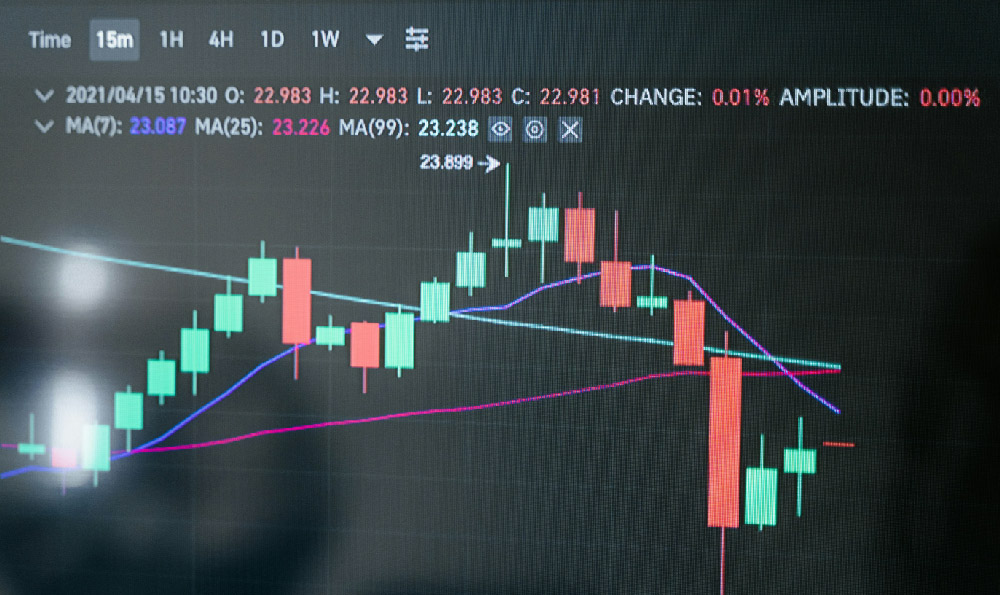Investing in storage units can be a lucrative venture, offering a steady stream of income and the potential for significant capital appreciation. However, like any investment, it's crucial to approach it strategically, carefully considering the financial implications and market dynamics. Determining the optimal amount to invest and evaluating whether it's truly worth the cost requires a comprehensive understanding of the factors involved.
One of the primary considerations is the initial investment required. This extends beyond the purchase price of the storage units themselves. You'll also need to factor in expenses such as due diligence, legal fees, inspections, appraisal costs, closing costs, and potential renovation or upgrade expenses. Diligence is paramount before making any offer, and involves more than a cursory glance at the books. Investigate local demographics, population density, and income levels, as these have a direct impact on the potential demand for storage. You’ll want to understand existing competition by researching other storage facilities in the area, assessing their occupancy rates, pricing strategies, and amenities. A deep understanding of the local economy is crucial for accurately projecting revenue and vacancy rates.
The scale of your investment hinges on your financial capacity and risk tolerance. Starting small, with a few units, allows you to learn the ropes, test the market, and gradually increase your exposure. This approach minimizes your initial risk and allows you to refine your operational strategies before committing a large sum of capital. Conversely, a larger investment, encompassing multiple units or even an entire facility, can potentially yield higher returns and economies of scale, but it also necessitates more significant capital outlay and a greater level of management expertise. Consider your current financial standing, including existing investments, debts, and income streams, to determine how much capital you can comfortably allocate to storage units without jeopardizing your financial stability.

The financial feasibility of a storage unit investment is determined by its potential return on investment (ROI). A thorough financial analysis should include projected revenue streams, based on occupancy rates and rental prices, as well as operating expenses, such as property taxes, insurance, maintenance, utilities, and management fees. A crucial piece of this puzzle is understanding the local property tax laws and accurately projecting those taxes based on the expected future value of the property. Underestimating these expenses can significantly impact your bottom line.
Accurate revenue projections are equally important. Don't simply rely on the current occupancy rates of existing facilities. Thoroughly examine the historical occupancy rates, seasonal trends, and factors that could impact demand in the future, such as new housing developments or economic downturns. The net operating income (NOI), which is calculated by subtracting operating expenses from revenue, is a key indicator of the profitability of the investment. This number needs to be strong enough to cover your debt service (if you are using financing) and provide a reasonable return on your investment.
Beyond the purely financial aspect, the location of the storage units plays a significant role in their profitability. Units located in densely populated areas with high demand for storage space tend to command higher rental rates and maintain higher occupancy rates. Areas undergoing population growth or experiencing a shortage of housing are also prime candidates for storage unit investments. Accessibility, visibility, and security are also crucial factors to consider. Units that are easily accessible, well-lit, and equipped with security measures are more attractive to potential renters.
Management of the storage units is another critical aspect. You have the option of self-management or hiring a professional property management company. Self-management requires a significant time commitment and a willingness to handle tasks such as marketing, tenant screening, rent collection, maintenance, and dispute resolution. Property management companies can handle these tasks for a fee, freeing up your time and reducing your workload. However, it's essential to choose a reputable and experienced property management company with a proven track record.
Market conditions also play a vital role. Interest rate fluctuations, economic downturns, and changes in housing trends can all impact the demand for storage units and their overall value. During economic downturns, for instance, people may downsize their homes or businesses, leading to increased demand for storage space. Conversely, during periods of economic growth, people may be less likely to need storage units. Staying informed about market trends and economic indicators is crucial for making informed investment decisions.
When evaluating whether a storage unit investment is worth the cost, it's essential to compare it to other investment options. Consider the potential ROI of storage units compared to stocks, bonds, real estate, or other alternative investments. Analyze the risks and rewards associated with each investment option and choose the one that best aligns with your financial goals and risk tolerance. Remember to factor in the liquidity of the investment. Storage units are a relatively illiquid asset, meaning it can take time to sell them if you need to access your capital.
Furthermore, consider the tax implications of investing in storage units. Depreciation, property taxes, and capital gains taxes can all impact the overall return on investment. Consult with a tax advisor to understand the tax benefits and liabilities associated with storage unit investments.
Ultimately, determining the optimal amount to invest in storage units and evaluating whether it's worth the cost is a complex process that requires careful consideration of various factors. Thorough research, financial analysis, and a deep understanding of market dynamics are essential for making informed investment decisions. By carefully evaluating these factors, you can assess the potential risks and rewards of storage unit investments and determine whether they are a suitable addition to your investment portfolio.












